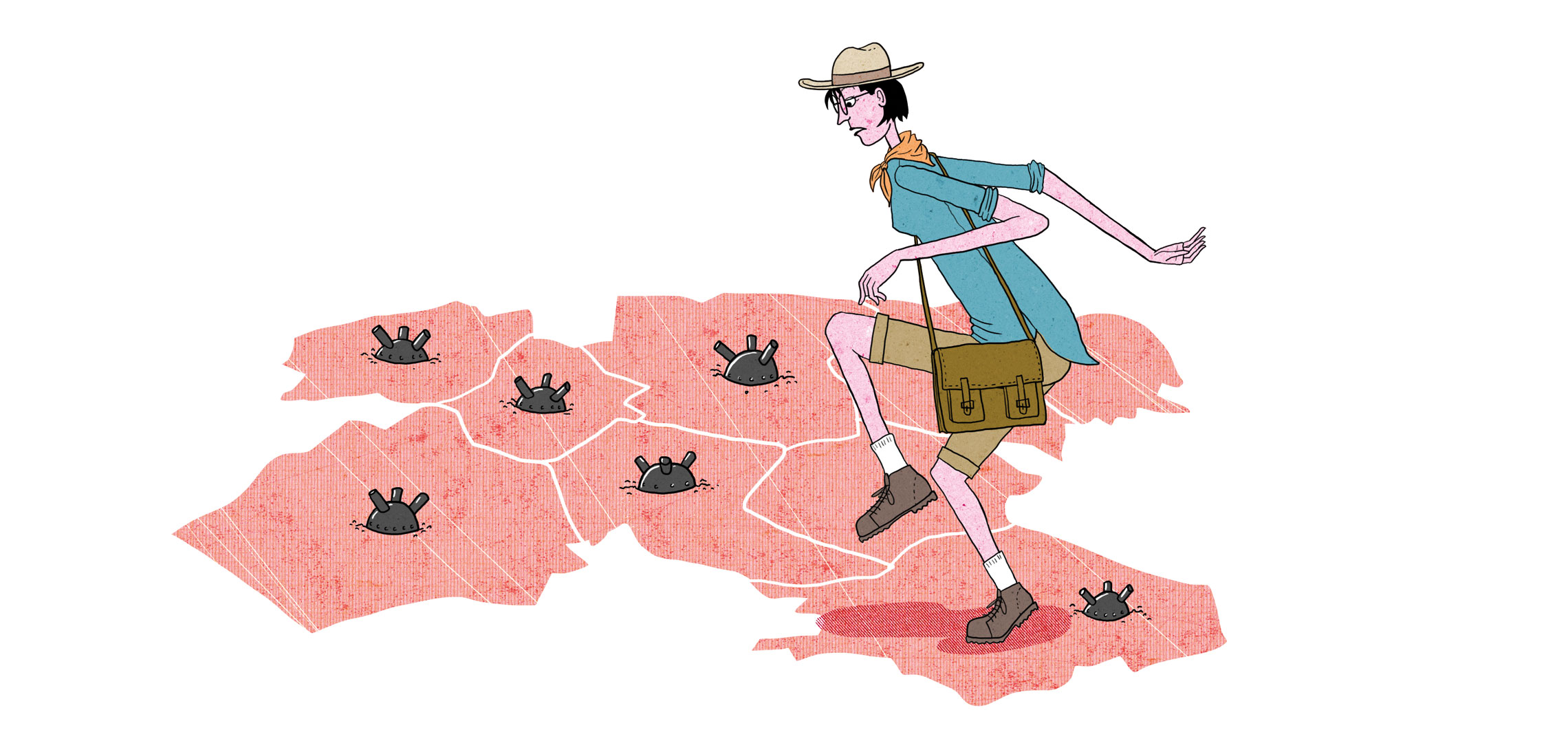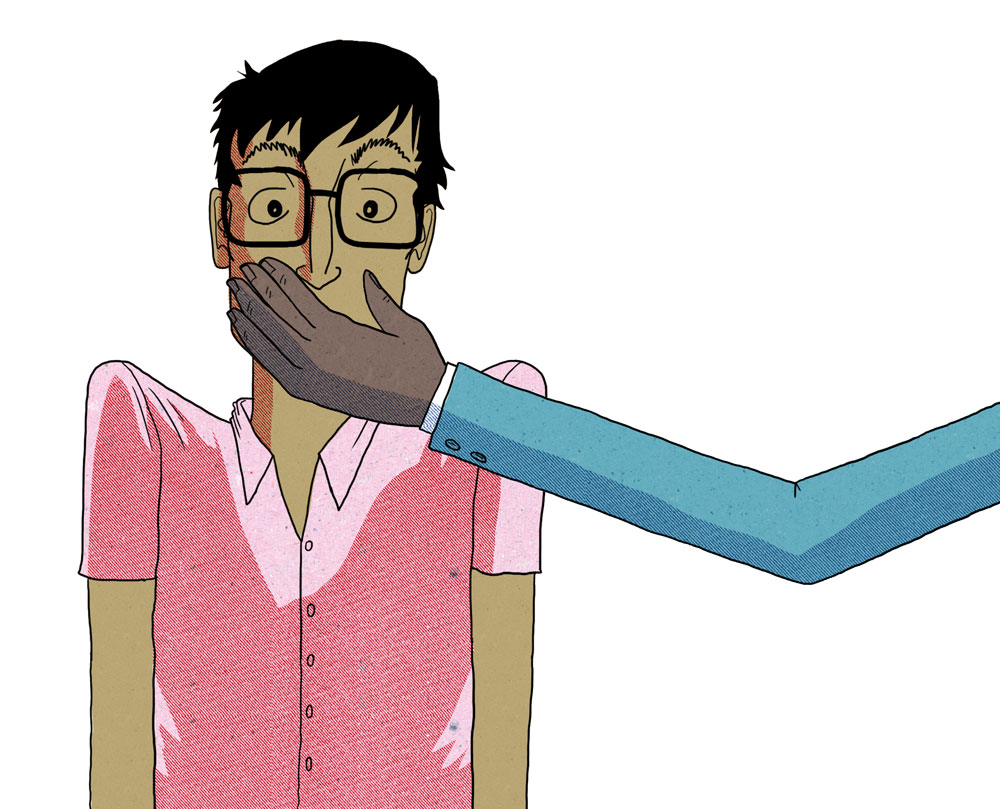Every year, hundreds of researchers, teachers, students, and staff at higher education institutions around the world are threatened or intimidated. Between September 2017 and August 2018, at least 79 were victims of some form of physical violence or murder. Another 88 were interrogated or imprisoned as a result of their research activities, beliefs, or political engagement in relation to gender, human rights, democracy, and the environment. These figures are from the report Free to think 2018, published by Scholars at Risk, an international network of researchers and institutions founded at the University of Chicago, USA, in 1999 to support and defend the rights and freedoms of academics.
The document is the result of a comprehensive and continuous effort to monitor the threats faced by these professionals. Between September 2017 and August 2018, the organization recorded 294 incidents of violence and intimidation in 47 countries, all carried out in an attempt to silence higher education institutions or researchers. The numbers represent an increase over the previous report, which recorded 257 attacks in 35 countries. The number of violent incidents was highest in countries with a history of armed conflict and human rights violations, such as Afghanistan, Kenya, Pakistan, India, Turkey, and Yemen. There are several cases where authorities have used imprisonment, lawsuits, and other coercive measures to retaliate against or deter the activity of professors, researchers, and students.
In May 2018, state prosecutors in Turkey launched a criminal investigation into Bülent Şik, a researcher at Akdeniz University and an expert on food and public health, in response to a series of articles he published in the newspaper Cumhuriyet about high levels of pesticides, heavy metals, and other pollutants found in agricultural products and water consumed in some cities of the country. In his articles, Şik claimed that the Turkish Ministry of Health had chosen to withhold the results of a study on possible carcinogens detected in cities with disease rates above the national average. Prosecutors accused the researcher of violating the penal code by divulging allegedly confidential information. The authorities are now considering the possibility of bringing terrorism-related charges against him.
Many attacks on the freedom of research are based on unfounded ideological prejudices, says Estevão Martins, from ANPUH
Ode to terror
In many countries, attacks are committed by militias or terrorist groups. In October 2017, gunmen in Kenya ambushed a car carrying students and professors from the Technical University of Mombasa. Two professors died. Local authorities suspect the attack was planned by Islamic terrorist group Harakat al-Shabaab al-Mujahideen. Two months later, armed assailants wearing burqas attacked the Agricultural Training Institute in Peshawar, Pakistan. Nine people were killed and 35 injured. The Pakistani Taliban claimed responsibility for the attack, saying the institute was attacked because of a secret Pakistani intelligence office located on campus—something denied by the authorities.
As well as monitoring researchers working under threats of violence, Scholars at Risk also seeks to help by relocating them to temporary positions at one of 400 partner institutions. “The idea is to give them the environment and infrastructure needed to continue their work,” said Shreya Balhara, director of the Scholars at Risk Protection Services. Last year, the organization relocated 124 academics to foreign research institutions and universities. “We also offer career counseling to help them cope with situations of risk they may encounter when they return home.”
The cases presented in the report represent just a small fraction of the threats faced by academics and higher education institutions. “Many attacks on the freedom of research are based on unfounded ideological prejudices and carried out by groups of people who believe that certain research topics represent some kind of moral or social decay,” says philosopher and historian Estevão Chaves de Rezende Martins, a professor at the University of Brasília (UnB) and secretary general of the Brazilian National History Association (ANPUH).


